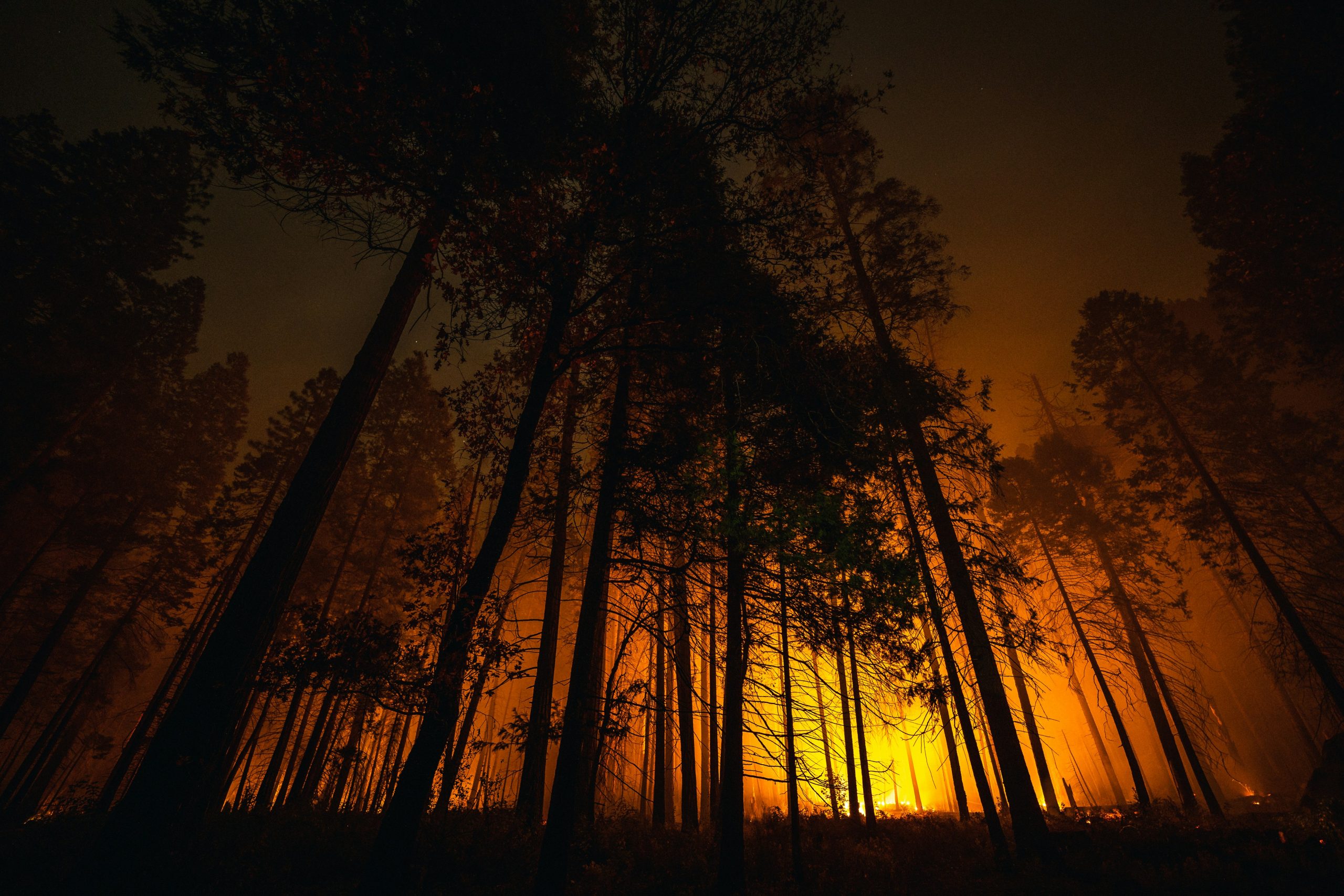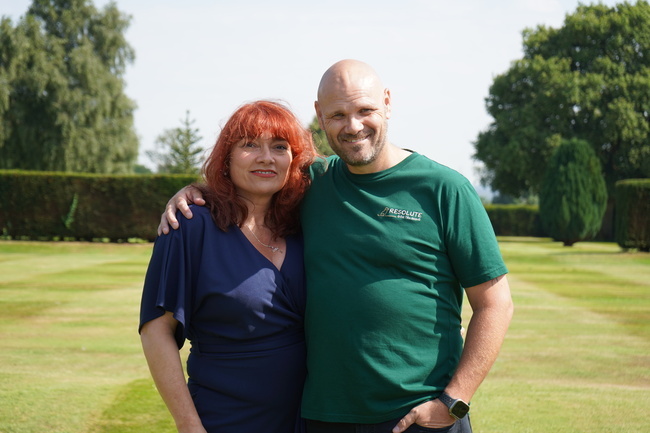Wildfires pose significant threats worldwide, impacting ecosystems and communities while exacerbating climate change. The combination of climate change, dry conditions, and human activities has led to more frequent and intense fire seasons, with 2024 seeing wildfires spread across Southern Europe, the US, and South America.
To address this challenge, Bath-based fire detection company and SETsquared Bristol alumnus Optect has teamed up with Sonic Fire Tech to develop a groundbreaking solution that combines advanced robotic systems with innovative detection and suppression technologies.
Their approach has propelled the team to the final 30 in the Autonomous Wildfire Response category of the prestigious $11 million XPRIZE WILDFIRE competition. This global technology competition challenges teams to autonomously detect high-risk fires in a 1,000 km² environmentally challenging area and suppress them within 10 minutes, leaving decoy fires untouched.
Team Optect’s solution uses drones to spot fires from high altitudes and flying robot taxis that deploy fire-extinguishing robo-dogs to zap flames with sound waves. Infrasound wildfire suppression, though futuristic, is now on the cusp of reality. Sonic Fire Tech recently demonstrated its device extinguishing high-temperature wood fires in seconds from several feet away. The technology is powerful and scalable, essential features for tackling massive megafires.
Geoff Bruder, an ex-NASA engineer and developer of the sonic fire suppression method, states: “Our technology can continuously suppress fires as long as battery power is available, without any refueling or resupply—a potential game-changer for remote area fire suppression.”
Optect has also made significant strides with the recent launch of a new flame detection product boasting 5-10 times the range of current devices. With the help of SETsquared, the company has grown its customer base and is now poised to significantly reduce fire risk across various wildfire and industrial applications.
Matthias Jaeger, Chief Technical Officer at Optect, comments: “The challenge, as with many XPRIZE competitions, is set close to the limit of possible, and in response, we’re pushing technology to the limits too. To pull off a live demo within the project’s timeline will be an extraordinary achievement, but the team is making substantial headway. Technology milestones are being conquered on a regular basis. We’re honored to advance to the next round of XPRIZE and look forward to demonstrating our solution in a real-world environment in 2025.”
As wildfires contribute up to 20% of global carbon emissions and their severity increases, deploying the most innovative technology to combat this issue is crucial.





